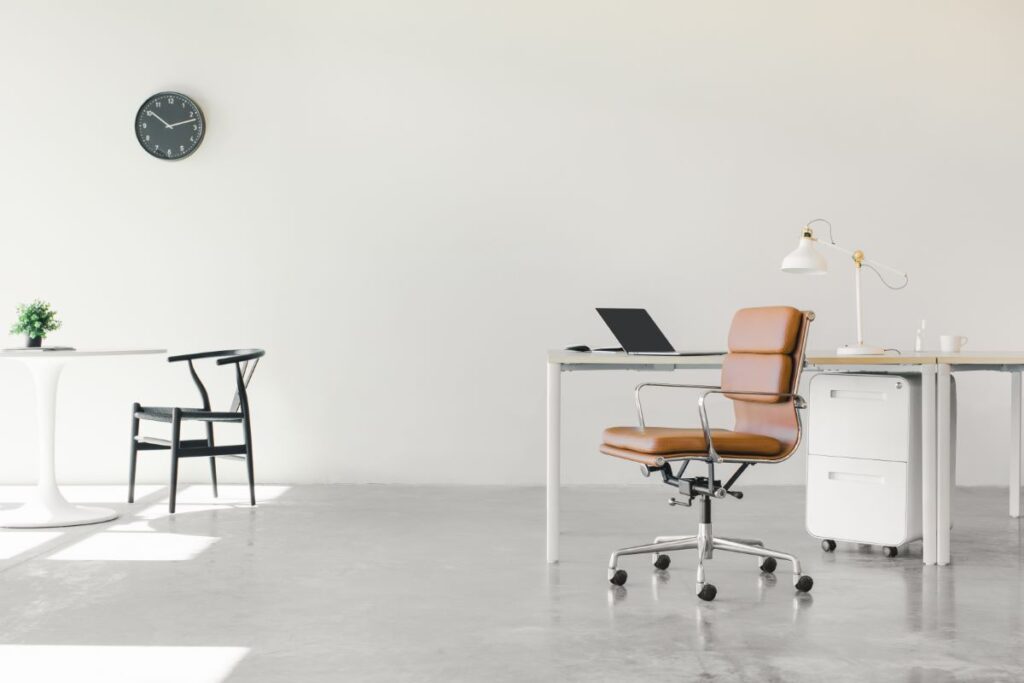Desk jobs are often viewed as comfortable, low-risk occupations that are easy on the body. After all, you stay all day indoors. You don’t have to move heavy objects or operate dangerous equipment. What could go wrong?
A lot, it turns out.
Our bodies are not designed to sit all the time. We’re meant to stand, move, and stretch. Staying in the same seated position starts to take a toll on the body. Whether you’re working from an actual office or the comfort of your home, a desk job can negatively impact your body very quickly.
For starters, since you’re not moving around, you’re not burning any calories throughout the workday. That alone can lead to muscle loss, weight gains, general stiffness, and more. But it’s not just your body that suffers.
Arguably the biggest victim of desk work, however, is your spine. This might not be something you notice immediately, but over time, it can cause ongoing problems that affect your back, hips, neck, and limbs.
Simply stated, sitting for extended periods is hard on your back. Even if you have good support and you’re sitting in an ergonomic position, your body simply isn’t made to sit all day. That’s why lower back pain is one of the most common issues among office workers.
Thankfully, you can take action to protect your body from your desk work.
What Can You Do?

The first thing you should do is ensure you are sitting properly. You likely had a parent or teacher growing up who constantly told you to sit up straight. They were right to say so. Poor posture strains your neck, back, and the surrounding muscles. Simply sitting up straight makes a massive difference.
The best way to ensure proper posture is to make sure your desk environment is ergonomically friendly.
Your monitor should be directly in front of you at eye level. Looking down (or up) at a screen for extended periods is very bad for your neck. You should also make sure your arms are at a 90-degree angle, which helps with your shoulders, back, and neck. If your desk is too high, consider getting a keyboard tray that can go underneath.
You should also make sure you have proper support in your chair. If the seat is too hard, it can be increased pressure on your back. However, if it’s too soft, it can make it difficult to maintain proper posture, which is also hard on your back.
A quality chair that’s comfortable, yet supportive is a great investment for any desk worker.
Still, even with the best of posture and positioning, extended sitting is bad for you. Ideally, you should be standing and getting some movement every hour. It can be easy to forget, which is why some people go as far as to set a timer. While you're standing, it’s a good idea to do some light stretches as well.
Professional Guidance and Care
Whether you’re starting to feel the strain of a desk job, or you’re looking to preemptively protect yourself, it’s a good idea to visit a chiropractor. They can help relieve tension, identify concerns, and equip you with knowledge and exercises to achieve long-lasting results.
Of course, a chiropractor isn’t an end-all, be-all solution. You should still do all of the above. Additionally, it’s important that you find a chiropractor that correctly treats your specific needs.
At Watkin’s Family Chiropractic, we treat all of our patients as individuals with specific needs. We won’t pressure you into high-volume, one-size-fits-all treatment plans. Instead, we work with your needs, your schedule, and your budget. Don’t let your desk job bring down your health. Schedule your free consultation today!
For chiropractic care in Prior Lake, contact Watkins Family Chiropractic.

